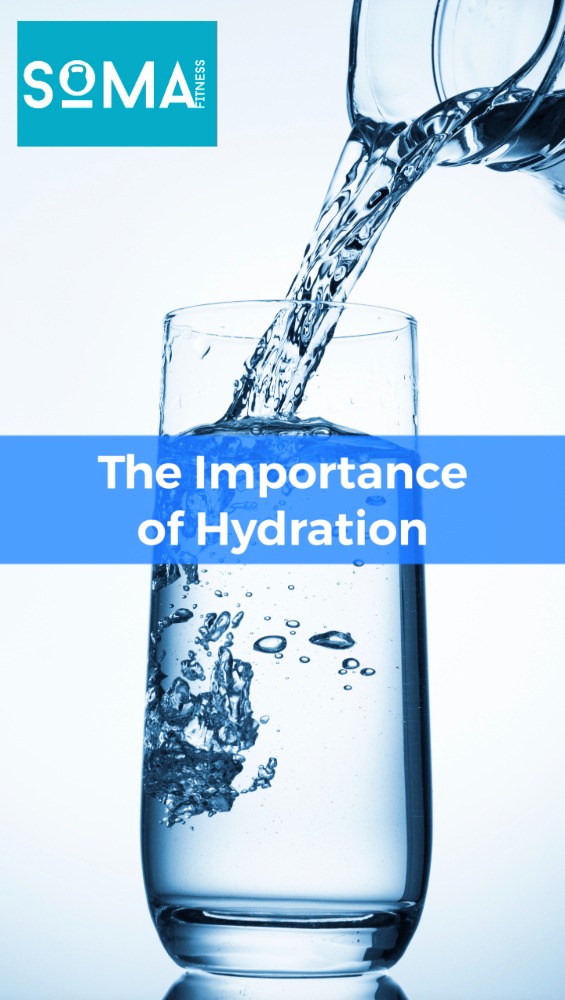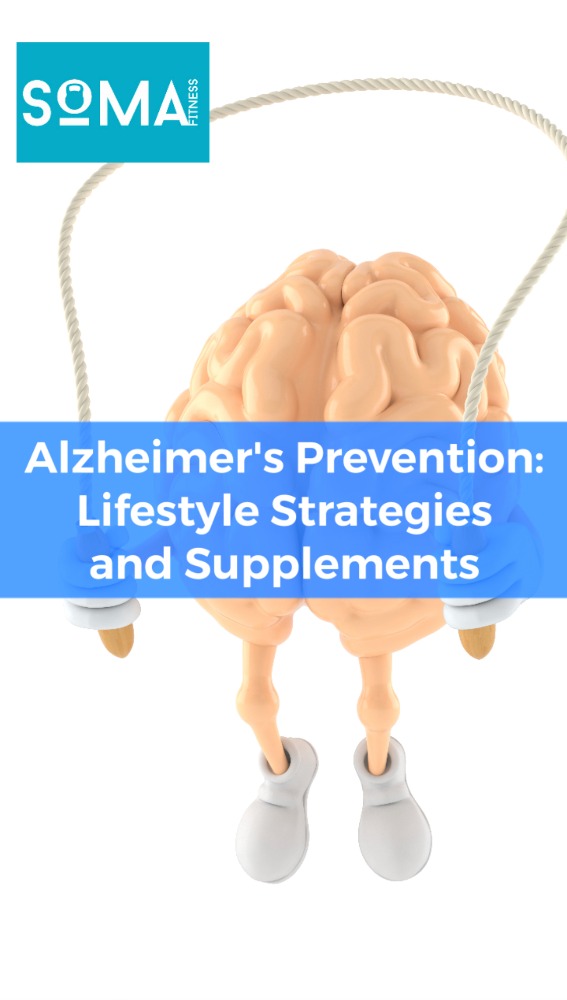The Importance of Hydration
Water intake is often underestimated in its significance to our overall well-being. Beyond quenching your thirst, staying adequately hydrated has an array of benefits that extend to various aspects of your health, performance, and vitality. Working with our personal training clients it’s a frequent area that are required to address and we most commonly do so with hydration targets to apply some structure to an individual’s hydration habits.
The Foundation of Vital Functions
Your body is a complex symphony of processes that require the right conditions to perform optimally. Water plays a central role in maintaining these conditions. From regulating body temperature to aiding in joint lubrication, water is essential for preventing infections, delivering nutrients to cells, and ensuring your organs function correctly.
Physical Performance Potential
Whether you’re an individual interested in optimal health and well being or a dedicated athlete, staying hydrated is paramount for peak physical performance. During intense exercise or when facing high temperatures, your body’s demand for water intensifies. Dehydration, even as low as 2% of your body weight, can significantly impact your performance, altering body temperature regulation, motivation levels, and increasing fatigue. Athletes, in particular, can lose up to 6-10% of their body weight in water through sweat, further emphasising the necessity of optimal hydration.
Enhancing Mental Clarity and Mood
It’s not just your body that benefits from proper hydration – your brain relies on it also. Even mild dehydration, as little as 1-3% body weight loss, can impair various aspects of brain function. Studies reveal that fluid loss affects mood, concentration, and cognitive abilities. Working memory, anxiety levels, and fatigue are all areas that can be negatively impacted by inadequate hydration. By keeping your hydration levels in check, you’re giving your brain the environment it needs to stay sharp and focused.
The Battle Against Headaches and Migraines
Dehydration and headaches often go hand in hand. Scientific research indicates that dehydration can trigger headaches and migraines, with a direct correlation between headache frequency and hydration status. Drinking water has been shown to alleviate headache symptoms and improve the quality of life for those who suffer from migraines. Tip: Adding 1/4 teaspoon of Celtic sea salt to your water can increase the absorbency of the water that you consume, often times individuals that may drink enough water but struggle to absorb it into the body. We may cover this topic in further detail at a later date.
Aiding Digestion and Preventing Constipation
Your digestive system requires proper hydration to function smoothly. Insufficient water intake can lead to constipation, causing discomfort and disruption in your daily life. Increasing fluid intake, particularly water rich in minerals like magnesium and sodium, can help improve bowel movement frequency and consistency, aiding in the relief of constipation.
Guarding Against Kidney Stones
For those who have experienced the excruciating pain of kidney stones, prevention is key. Adequate water intake can help reduce the risk of forming kidney stones. By diluting the concentration of minerals in the urine, water makes it less likely for these crystals to clump together and cause discomfort. The evidence suggests that hydration plays a role in kidney stone prevention.
Weight Loss Potential
For those on a weight loss journey, hydration can be a valuable ally. Drinking water before meals can increase satiety and boost your metabolic rate, helping you consume fewer calories and potentially aiding in weight loss. The common question we ask our personal training clients who get hungry while in a calorie defect, “are you hungry or are you thirsty?” Timing is crucial – consuming water half an hour before meals has been shown to be particularly effective in curbing appetite and supporting weight loss efforts.
It’s not just about quenching your thirst; it’s about optimising your body and mind to reach their full potential. By staying mindful of your fluid intake and making hydration a priority, you’re investing in a healthier, more vibrant you.



Recent Comments